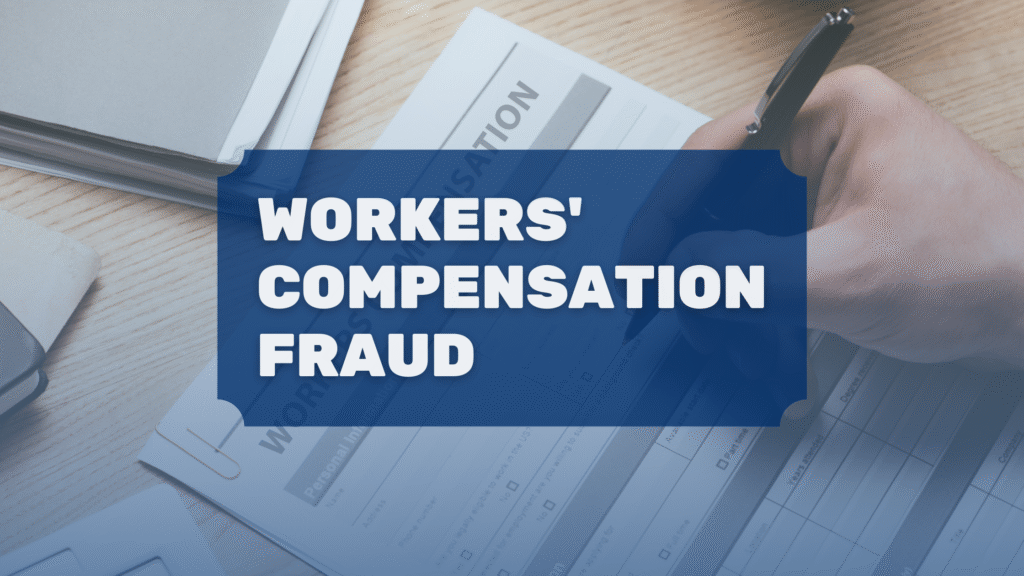September 22, 2025 | JacobiJournal.com — Insurance fraud identity theft has surged dramatically in 2025, with the National Insurance Crime Bureau (NICB) reporting a 49% increase nationwide. Investigators say the rise includes both traditional stolen identity schemes and the fast-growing use of synthetic identities, where criminals combine real and fake information to create fraudulent profiles.
The surge in insurance fraud identity theft reflects broader challenges in today’s digital economy, where criminals increasingly exploit weak points in online systems and claim processing networks. Experts warn that as fraudsters refine their tactics, insurers are often left playing catch-up, forcing companies to invest heavily in technology and investigative resources. At the same time, consumers face growing risks of personal information being stolen and misused in ways that may not surface until months or even years later.
Fraud Schemes Target Insurers Nationwide
NICB officials warned that insurers are facing mounting challenges in detecting insurance fraud identity theft claims filed under stolen or fabricated identities. These scams often exploit gaps in verification systems, leading to false payouts that drive up costs for both carriers and policyholders impacted by insurance fraud identity theft schemes.
Criminals engaging in insurance fraud identity theft often use sophisticated tactics such as creating layered synthetic profiles or exploiting outdated verification protocols across multiple insurers. These strategies allow them to file repeated fraudulent claims undetected, draining millions from the industry annually. Analysts caution that without stronger cross-industry cooperation and real-time data sharing, fraudsters will continue to adapt faster than traditional detection methods.
Synthetic Identity Fraud on the Rise
Experts note that synthetic identity fraud, a major driver of insurance fraud identity theft, has become one of the fastest-growing financial crimes in the United States. Unlike traditional theft, insurance fraud identity theft schemes are harder to detect because they use legitimate data points, such as Social Security numbers, combined with fabricated details. This makes tracking and prevention far more complex for insurers and regulators.
As synthetic profiles become more sophisticated, insurance fraud identity theft cases often go undetected until significant financial damage has already occurred. Fraudsters can maintain these false identities for years, slowly building credit histories before exploiting them for large insurance payouts. This evolving threat underscores the urgent need for advanced fraud detection systems that can analyze patterns across multiple insurers and flag suspicious activity before losses escalate.
Consumers Bear the Hidden Costs
Industry analysts emphasize that the cost of fraud ultimately lands on consumers through higher premiums and reduced trust in the insurance system. Victims of identity theft also face long recovery times, often spending months resolving credit damage and restoring their records.
Calls for Stronger Fraud Prevention
NICB is urging insurers, regulators, and technology providers to collaborate on enhanced fraud detection tools and cross-industry data sharing. Federal and state lawmakers are also reviewing proposals that would tighten compliance standards around identity verification and claim processing.
For more details, visit the National Insurance Crime Bureau.
FAQs: Insurance Fraud Identity Theft Rise
How much has insurance fraud linked to identity theft increased in 2025?
The NICB reports a 49% year-over-year increase in such cases.
What is synthetic identity fraud?
It’s a form of fraud where criminals combine real information, such as Social Security numbers, with fake details to create new identities.
Why does this matter for policyholders?
Fraudulent claims drive up insurance costs and can leave consumers vulnerable to premium hikes and compromised coverage.
What steps are being taken to fight identity theft in insurance?
NICB and regulators are pushing for stronger verification systems, data sharing, and legislative reforms to combat rising fraud.
Subscribe to JacobiJournal.com for ongoing coverage of insurance fraud, financial crime, and consumer protection cases.
🔎 Read More from JacobiJournal.com:
- Farmers Insurance Data Breach Affects Over 1 Million Customers
- Workers’ Compensation Insurance Fraud Case: Oxnard Man Charged in 2025
- MVP Settles for $250K Over ‘Ghost’ Mental Health Provider Networks
- Ameritas Urges Georgia Supreme Court To Void ‘Life Wager’ Policy
- Second Circuit Orders Resentencing in $600M Medical Billing Fraud Case





